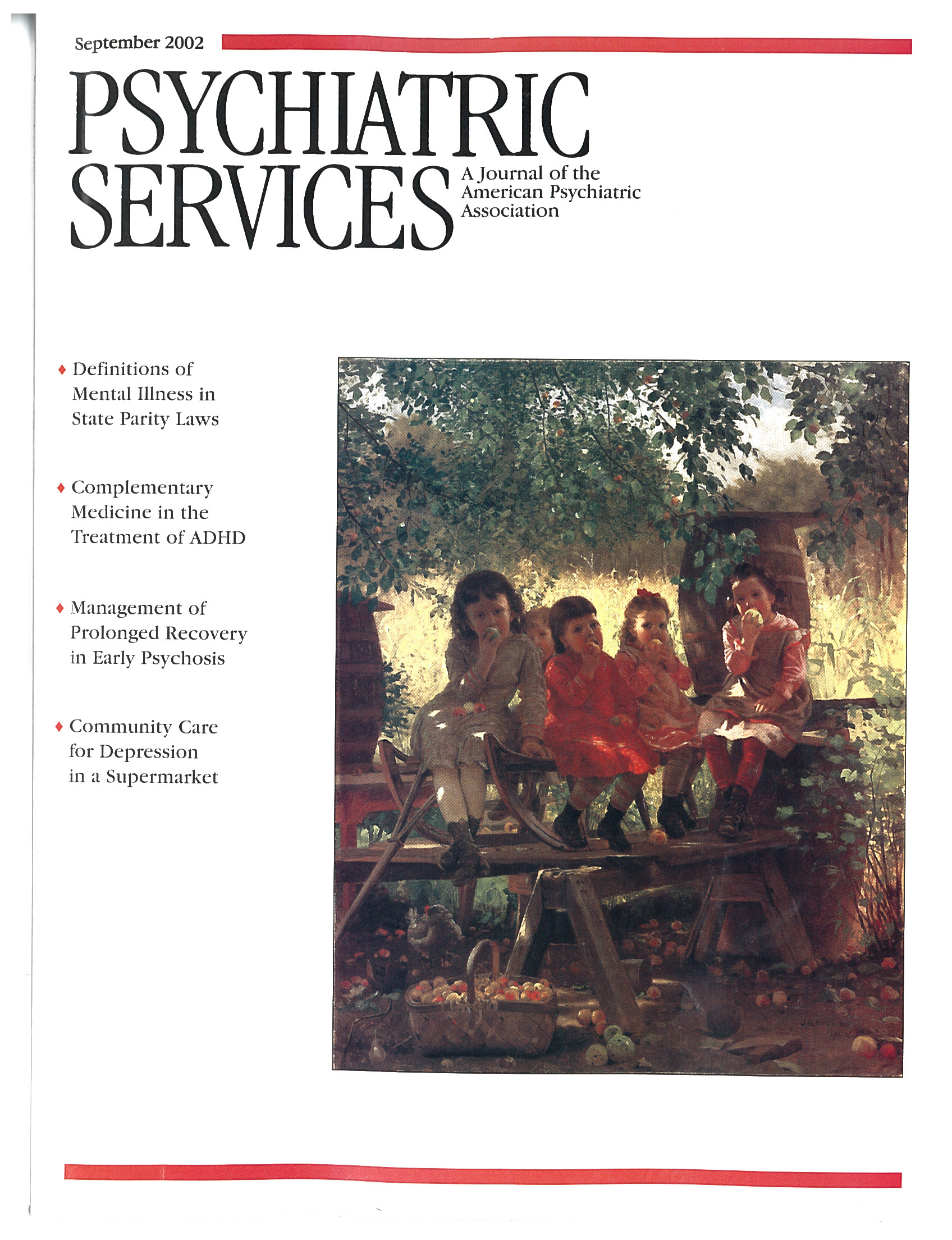An Analysis of the Definitions of Mental Illness Used in State Parity Laws
Abstract
OBJECTIVE: Thirty-four states have enacte mental health parity laws that require a health plan, insurer, or employer to provide coverage for mental illness equal to that for physical illness. This study analyzed definitions of mental illness used in state parity laws, identified factors influencing the development of these definitions, and examined the effects of different definitions on access to care for persons with mental illness. METHODS: Specific language in each state's parity legislation was analyzed. Interviews were conducted with policy makers, mental health providers, advocates, and insurers to determine factors influencing a state's definition. Current definitions of mental illness used in the clinical literature and in federal policy were reviewed and compared with definitions used in state parity laws. RESULTS: The definitions of mental illness used in state parity legislation vary significantly and fall into one of three major categories: "broad-based mental illness," "serious mental illness," or "biologically based mental illness." To define each of these categories, state legislatures do not rely on clinically accepted definitions or federal mental health policy. Rather, influenced by political and economic factors, they are developing their own definitions. CONCLUSIONS: Definitions of mental illness in state parity laws have important implications for access, cost, and reimbursement; they determine which populations receive a higher level of mental health services. Future research must qualitatively examine how state definitions affect the use and cost of mental health services.



